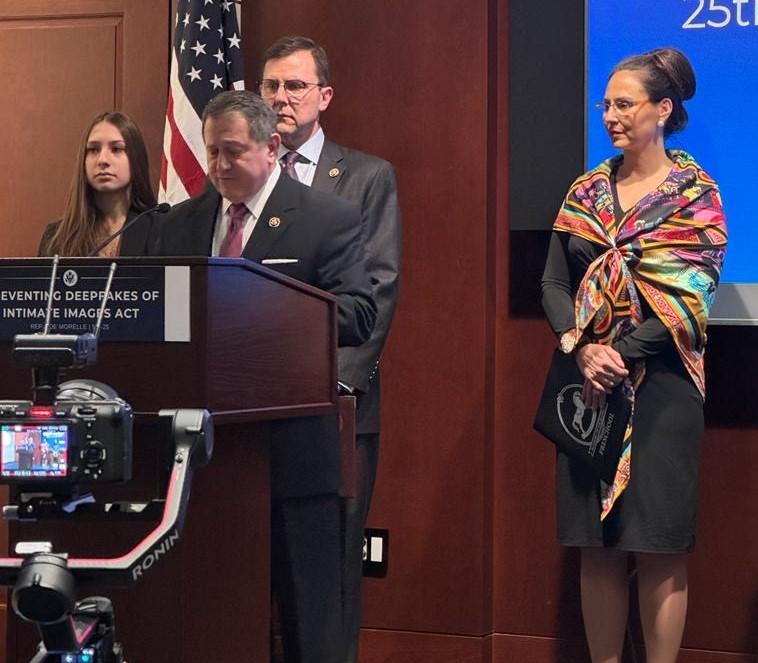House Committee on Energy and Commerce Chair Cathy McMorris Rodgers (R-Wash.) said in a hearing on April 18 that in the interest of strengthening American security, the nation must mobilize and solidify and grow its position as a leader in nuclear energy.
McMorris Rodgers made the comments at a hearing of the Energy, Climate, and Grid Security subcommittee of the Committee on Energy and Commerce. She and House colleagues had recently been on a fact-finding and diplomatic trip to Europe, where they observed energy policies and initiatives of nations on the continent.





